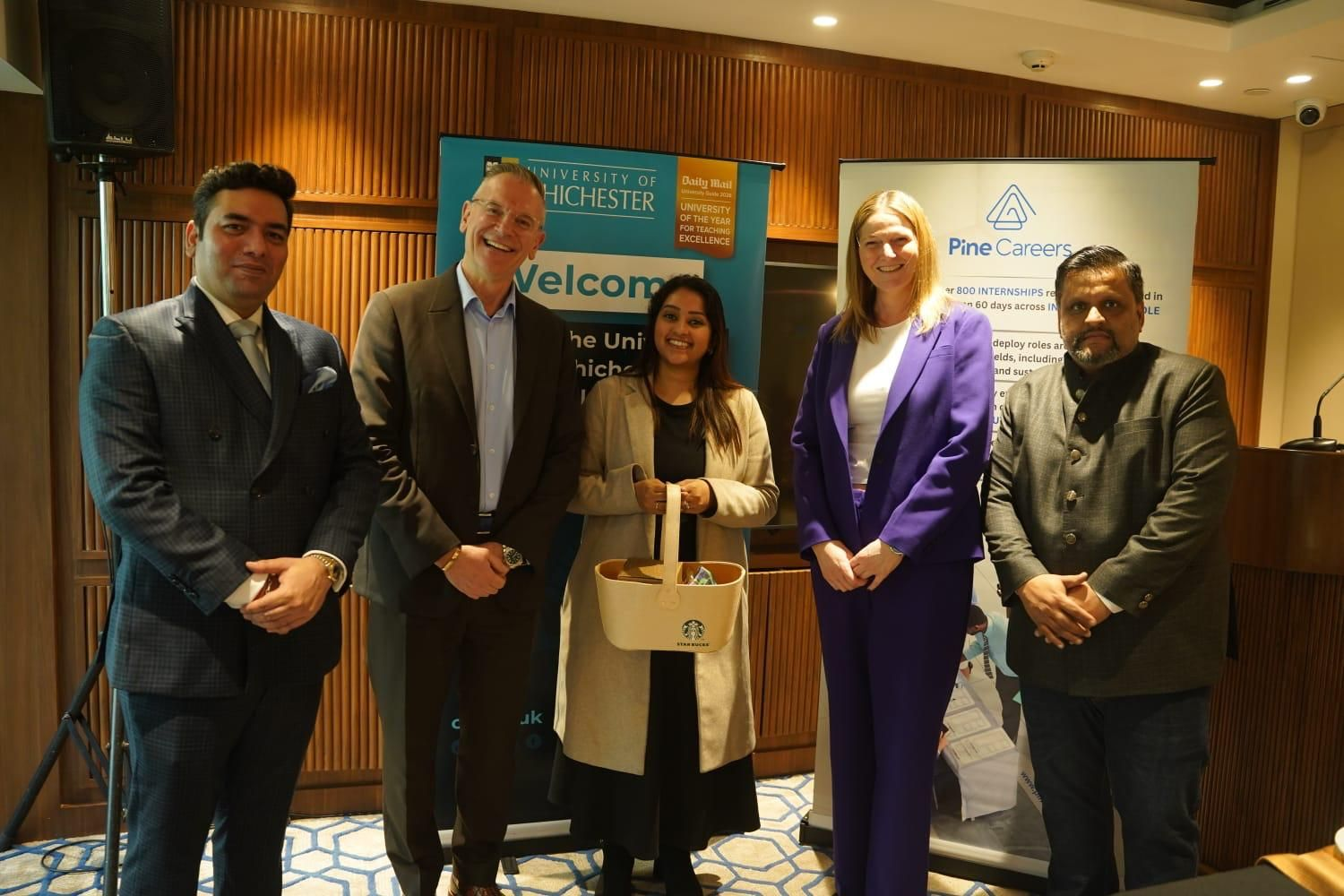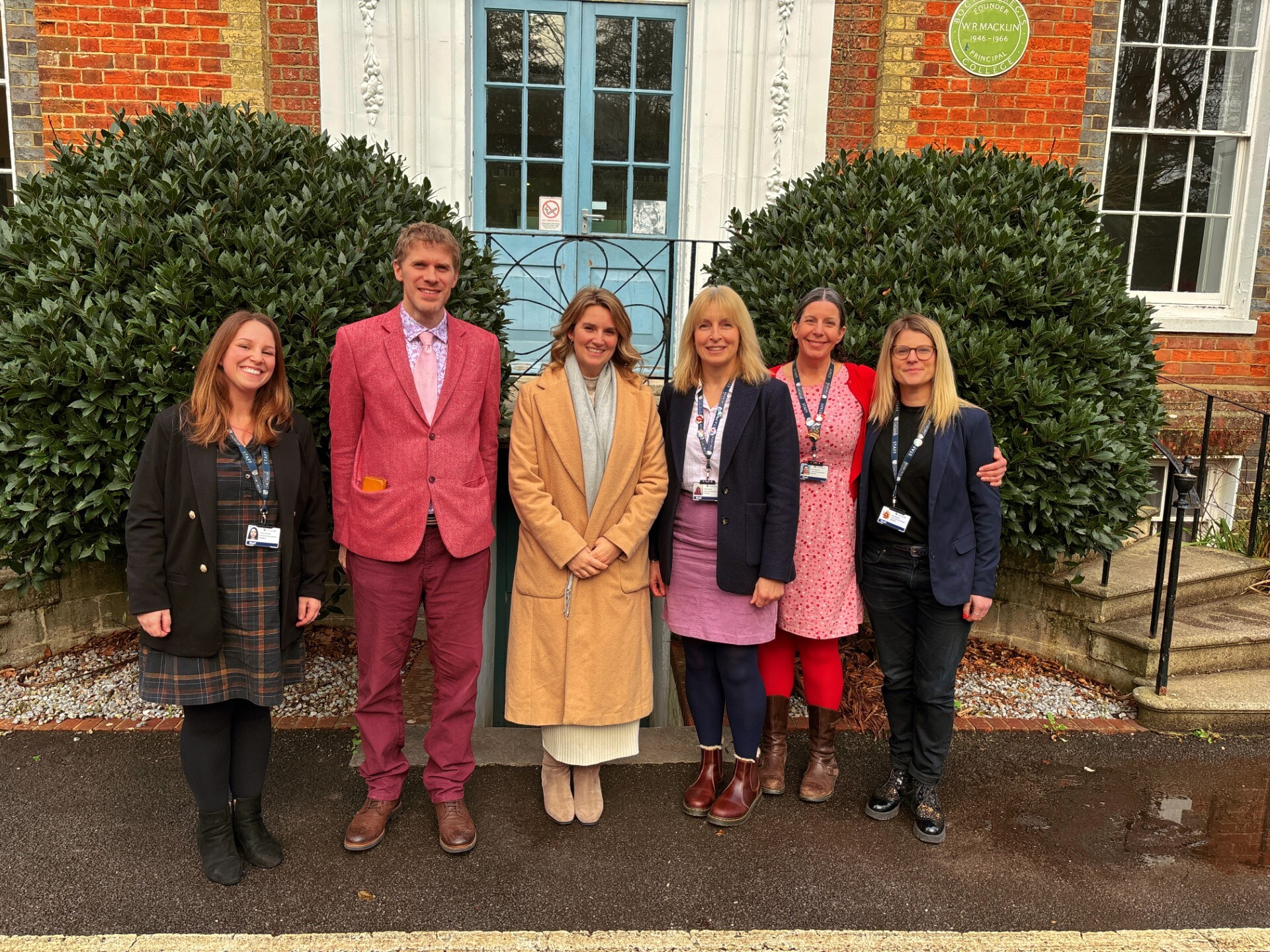Our people – Dr Benjamin Sharpe

Researcher Spotlight: Dr Benjamin T Sharpe
Dr Benjamin T Sharpe is Senior Lecturer in Cognitive Psychology, Director of the Human Attention Laboratory, Coordinator for the BSc Psychology of Esports and BSc Criminology and Forensic Psychology Programmes
Tell us about your role at the university
I’m a Senior Lecturer in Cognitive Psychology, act as programme coordinator for the BSc Criminology and Forensic Psychology, I founded the world’s first BSc Psychology of Esports programme, and supervise 11 brilliant researchers, including 8 PhD students who constantly challenge and inspire me. My research home is the Human Attention Laboratory. And yes, that’s absolutely a nod to HAL 9000 from 2001: A Space Odyssey, though I promise the lab is far friendlier! HAL explores the fascinating world of human cognition, particularly how we maintain focus in an increasingly distracted world. My research has a particular focus on sustained attention, but topics span across range of critical areas, including stress and coping, immersive virtual reality, cognitive impairment, mental health assessment and validation, neuromodulation, and skill acquisition across diverse populations. What makes this work truly special isn’t just the technology or the diverse applications, it’s the incredible global network of researchers I’m privileged to work with. Together, we’re tackling everything from creating life-changing dementia support technologies to validating mental health assessments that could help millions. Each collaboration brings fresh perspectives and pushes our understanding further, whether we’re studying stress and coping mechanisms or exploring how immersive technologies can transform lives. The beauty of cognitive psychology is that it touches everything we do as humans, how we think, learn, struggle, and thrive.
When did you join and what brought you here?
I joined Chichester in 2018 to pursue my PhD in Cognitive Psychology. What started as a doctoral journey quickly evolved into something more, I couldn’t resist getting involved in teaching and laboratory work, taking on associate lecturer and lab technician roles while completing my PhD. The supportive environment and opportunities to innovate kept me here, progressing from PhD student to Senior Lecturer in just six years.
What’s an average day at work like for you?
There’s no typical day. From, but not limited to, meeting, collaborating, and supporting students and colleagues, to presenting in conferences, working towards grant applications, building relationships with organisations and charities for future collaborations, thinking deeply about challenging topics with my PhD students and collaborators, testing and analysing data, writing manuscripts, and updating modules material to ensure it is up-to-date with the most contemporary science. The variety is what makes this job incredible!
What do you love most about working at the University of Chichester?
The freedom to innovate and the collegiate atmosphere. My boss, my boss’s boss, and my boss’s boss’s boss are all genuinely supportive of my research and my motivations to pursue ambitious grants. They acknowledge the hard work I dedicate to my roles and are always the first to congratulate me when things go well. What more can I ask for?
What is your greatest achievement in your job or research?
Each of my 42 publications represents months, often years, of work, the late and sleepless nights, hours of complex analysis, meetings across different time zones, and brutal rounds of journal revisions. But watching real people benefit from all that effort makes it worthwhile. When our lifeguard research helps save lives, when our dementia support technologies open new routes for families in need, when someone struggling with their mental health understands themselves a bit better through our work, or when our esports research opens doors to entirely new career pathways, that’s when those exhausting nights in the lab transform into something truly meaningful. That’s the real reward.





